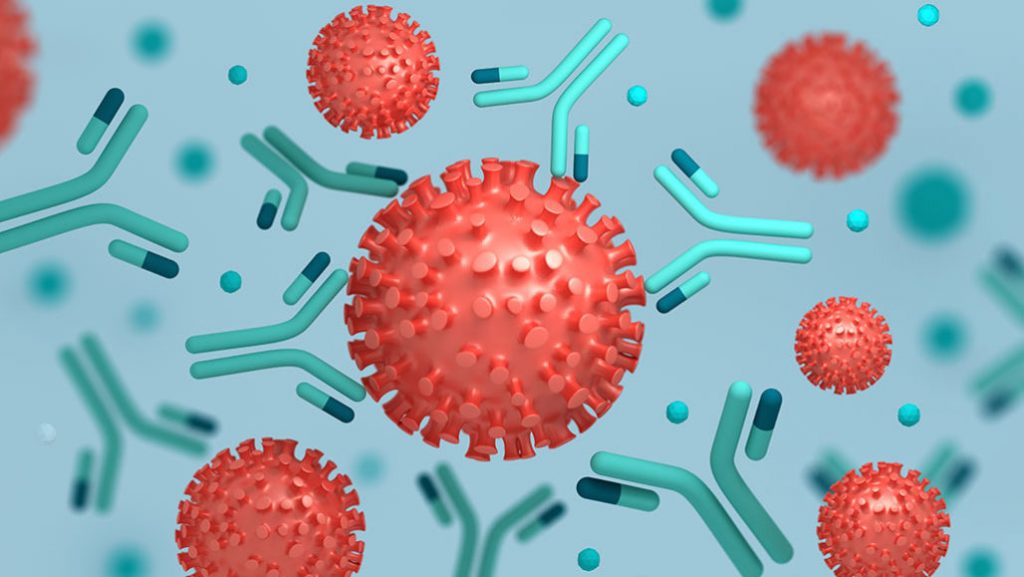London: Scientists have found evidence of protective immunity against COVID-19 in people up to four months after mild or asymptomatic coronavirus infection. This new development is has provided hopes for the long-lasting efficacy of vaccines. The researchers, including some from the ‘Queen Mary University of London’ analysed antibody and T cell responses in 136 healthcare workers in the UK. All of them had mild or asymptomatic COVID-19 infection dating back to March.
The study has been published in the journal ‘Science Immunology’. It found that 89 per cent of healthcare workers analysed carried neutralising antibodies 16-18 weeks after infection.
The team, also involving researchers Imperial College London and University College London, UK, found most workers also had T cells capable of recognising multiple different parts of the virus. However, they noted that the two responses did not always persist in harmony. Some individuals showed T cell immunity but no evidence of antibodies, and vice versa.
“Our study of SARS-CoV-2 infection in healthcare workers from London hospitals reveals that four months after infection, around 90 per cent of individuals have antibodies that block the virus,” Joseph Gibbons, a ‘Post-doctoral Research Assistant at Queen Mary’, said.
“Even more encouragingly, in 66 per cent of healthcare workers we see levels of these protective antibodies are high. This robust antibody response is complemented by T cells which we see reacting to various parts of the virus,” Gibbons informed.
Also read: Coronavirus antibodies detected up to 3 months after infection: Study
Describing the finding as ‘good news’, Gibbons explained that if someone has been infected with the coronavirus, there is a good chance that they will have developed antibodies and T cells that may provide some protection in case they encounter the virus again.
Much of the debate on protective immunity has focussed on the different roles of B cells, which make antibodies, and T cells, white blood cells which help protect from viruses, including direct killing.
The latest study found that while protective antibody responses were usually complemented by a T cell response, over half of the healthcare workers had different antibody and T cell responses.
The workers did not produce a T cell response specific to proteins found on the outer layer of the SARS-CoV-2 virus.
The research also found that T cell responses tended to be higher in those with the classic, defining symptoms of COVID-19, while asymptomatic infection resulted in a weaker T cell immunity than symptomatic infection, but equivalent neutralising antibody responses.
The researchers noted that while new variants are appearing, the changes to the virus don’t necessarily occur within these epitopes so it is hoped the vast majority of immune recognition can likely continue unperturbed.
“Our study in asymptomatic and mild cases gives a positive insight into the durability of immunity to SARS-CoV-2 after four months of infection,” Corinna Pade, a Post-doctoral Research Scientist at Queen Mary, said.
The researchers noted that it is an important finding as mild or even no symptoms of COVID-19 are very common and representative of most infections in the community. “Such abundant immune responses also give hope for the long-lasting efficacy of vaccines,” Pade added.
